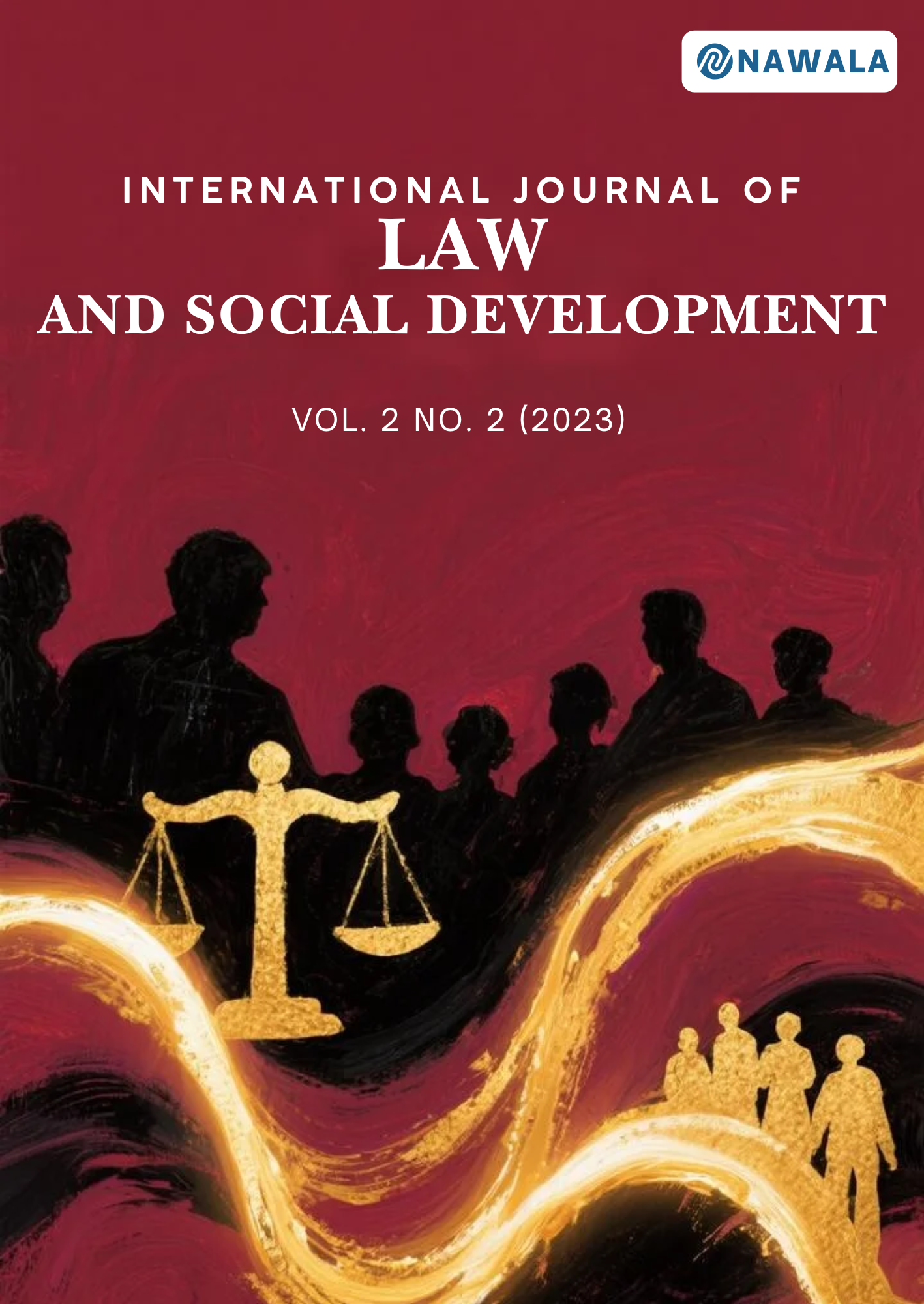Public Policy Implementation and Social Justice in Indonesia: Challenges, Governance Gaps, and Reform Strategies
Keywords:
Constitution, Corruption, Governance, Inequality, UnemploymentAbstract
This study examines the challenges in implementing public policies aimed at achieving social justice in Indonesia, despite the nation’s strong ideological and constitutional foundations. Persistent issues such as high unemployment, poverty, and social-economic inequality remain significant obstacles. Limited employment opportunities, particularly in rural and underdeveloped regions, are compounded by the impacts of global economic fluctuations, inflation, and crises such as the COVID-19 pandemic. Mental health problems, often overlooked in policy planning, further hinder societal well-being and productivity. Internal governance weaknesses, including poor inter-agency coordination, corruption, and inaccurate data, contribute to ineffective policy implementation and misallocation of resources. From a normative juridical perspective, there is a clear gap between constitutional mandates, such as those enshrined in Articles 27(2) and 33 of the 1945 Constitution, and actual practice. The study concludes that reducing socio-economic inequality requires governance reform, enhanced state capacity, stronger oversight mechanisms, and active public participation to ensure evidence-based, equitable, and sustainable policy outcomes.





